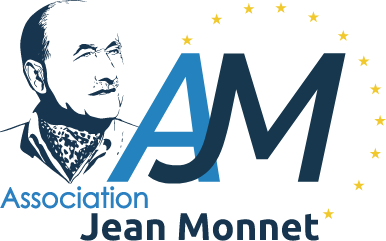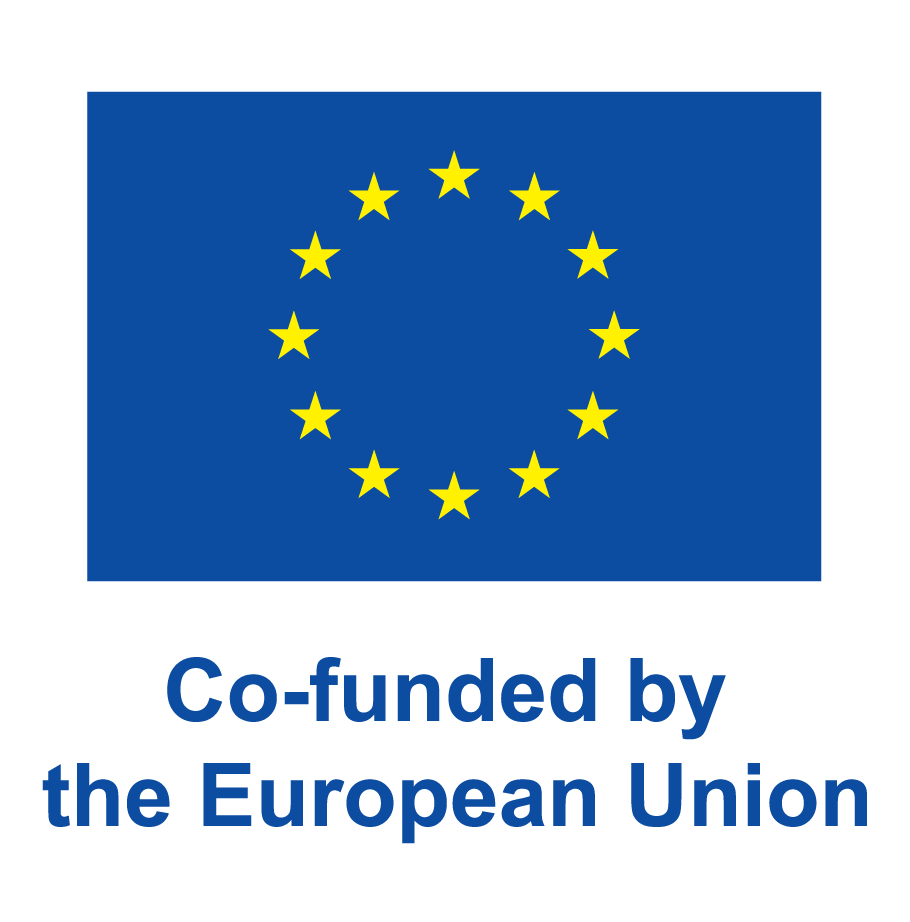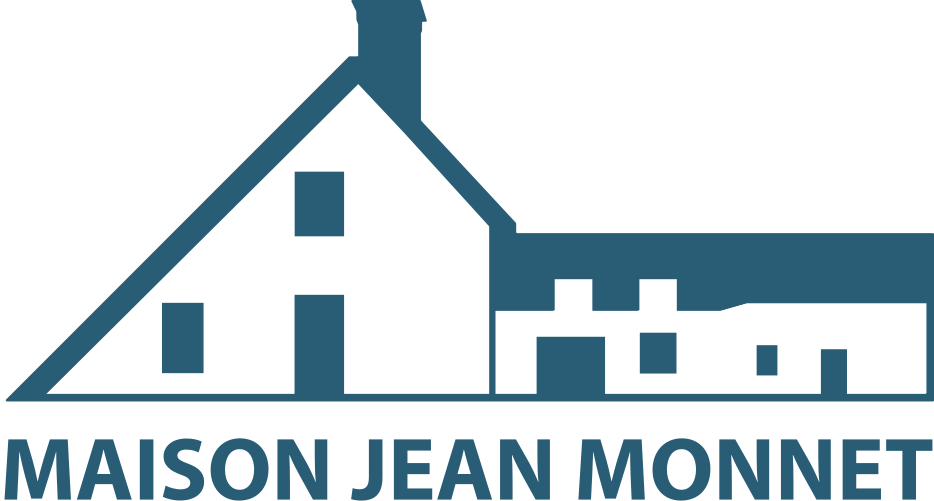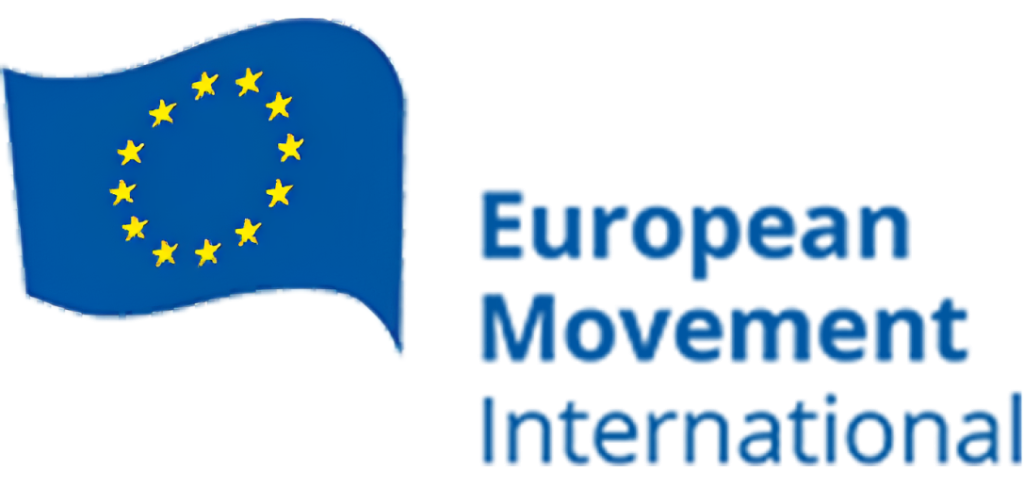ShaPE

The social partners, shaping social Europe
discovering the foundations and the future
Project websiteShaPE is a project funded by the "Social prerogatives and specific skills lines (SOCPL)" programme, as part of the "Improving expertise in the field of industrial relations" call (SOCPL-2022-IND-REL).
The overall aim of ShaPE is to deepen our understanding of the role played by trade unions, employers' organisations and EU institutions in building and shaping Social Europe to date. This new knowledge will help us to think about the roles they should play in addressing today's large-scale challenges, including the ecological, digital and demographic transitions, as well as the goals of 'open strategic autonomy' and EU resilience.
The foundations of Social Europe will be explored through innovative archives and a multidisciplinary analysis of the development of EU treaties and legislation, providing a meta-archive and digital exhibition of public history that will serve as a model and anchor for future research. These foundations will be discussed and disseminated with the aim of bringing together multiple perspectives:
- old and new Member States;
- old and new generations of social partner representatives;
- research contributions on history, law and industrial relations and various tools and methods for research on Social Europe; and
- the views of social and project partners from the academic and political communities.
The role of the EU in shaping worker representation to meet new challenges
The ASPE group, the steering committee of the ShaPE project, brings together experts with specific knowledge of the EU, its social policies and social dialogue. It encourages structured discussion, exchange of information and capacity building among social partners and experts on the current and future role of social partners in the development of EU legislation.
Turning the lessons of the past into proposals for the future. Drawing on new lessons from the past, the ASPE group looks forward to exploring the role of the social partners in the development of EU treaties and legislation, in the light of the latest political developments at EU and national level, and in particular ASPE :
- To study the current trajectories of industrial relations in the EU Member States, between institutional diversity and divergence/convergence of models.
- Propose possible changes to the role of the social partners in order to meet current and future challenges in Europe.
- To define the main features of a new social content for the EU Treaties that adapts to future socio-economic challenges and strengthens cross-border solidarity in industrial relations models.
The lessons of the past will come from the EU archives, which are building a larger, organised library of social Europe from 1974 to 1996, and from legal experts, who will give an overview of the contribution of social dialogue to the deepening of the EU project.
It will be the task of the ASPE group to consider the next lines of development of the role of the social partners in meeting the current and future challenges of the world of work in Europe, and it will meet 6 times over 12 months (July 204-June 2025) in order to deliver the following products:
- An interim report will be presented at the workshop to be held in Florence on 21 and 22 March 2025.
- Drawing up a proposal to amend the social component of the EU Treaties, to be presented at the discussion with stakeholders to be held in June 2025 in Paris.
- A final report bringing together the above research areas will be presented at the SHAPE project's final conference in the second half of 2025.
ASPE Group
Composition
Fausta Guarriello is a full professor of Italian and European labour law at the University of Chieti-Pescara. She has extensive research experience in the field of social dialogue, information and consultation, workers' rights and industrial relations. She has taken part in numerous research projects at national and international level, including coordination and management roles. A member of numerous academic networks, she is co-director of the Giornale di diritto di lavoro e di relazioni industriali.
Marco Cilento is responsible for institutional policy at the European Trade Union Confederation (ETUC). After obtaining a doctorate in labour law from the University of Pavia, he began his trade union career with the Italian trade union confederation CISL.
Doctor Salvo Leonardi at the University of Rome, he is a Senjor researcher at the Fondazione Di Vittorio, where he is responsible for the field of industrial relations. A member of many international research networks, including Eurofound and the European Trade Union Research Institute (TURI), he has promoted, coordinated and participated in numerous European projects on collective bargaining, participation and trade union policies. He is the author of numerous publications in academic labour law and industrial relations journals.
Roberto Pedersini Full Professor of Sociology of Economic Processes and Work at the University of Milan. He has extensive research experience in the field of economic and labour sociology, with a particular focus on industrial and labour relations. He has taken part in numerous research projects at national and international level, including coordinating and directing roles. He has worked with the International Labour Office (ILO), the European Commission, the European Foundation for the Improvement of Living and Working Conditions (Eurofound), the European Economic and Social Committee (EESC) and the Conseil national de l'économie et du travail (CNEL). He has been Director of the Department of Social and Political Sciences at the University of Milan since October 2020.
Claire Kilpatrick has been Professor of Law at the EUI in Florence since June 2011, Director of the Academy of European Law at the EUI since 2015 and Dean of Studies at the EUI from 2019 to 2022. Before joining the EUI, she worked at the LSE, the University of Cambridge, Queen Mary University of London and the University of Bristol. Her main interest is in the legal and political construction of social Europe, in particular the roles of the EU. She is the principal investigator of the ShaPE project. She is a member of the editorial boards of the Industrial Law Journal, the International Journal of Comparative Labour Law and Industrial Relations and the Giornale di diritto di lavoro e di relazioni industriali.
Filip Dorssemont holds a chair in labour law as a full professor at UCLouvain. Filip Dorssemont holds a doctorate in law (University of Antwerp, 2000). His thesis focused on the legal status of trade unions and their freedom of collective action in Belgium, France, the Netherlands and Germany. He was a researcher and lecturer at Utrecht University (2002-2008). In 2008, he was awarded an FNRS Ulysses grant to conduct research and set up a research group at the Catholic University of Louvain (UCLouvain).
Ricardo Rodriguez Contreras has extensive professional experience focusing on EU labour law, comparative industrial relations, social dialogue and collective bargaining, and the implementation of social legislation. For many years he has carried out training activities for multinational companies and European works councils. He has worked at Eurofound as research director on the implications of technology and digital change for employment relations and has published a large number of reports on the implementation of European labour law and tripartite social dialogue.
Giuseppe Casale is a former director of the ILO-Geneva, the ITC-ILO Turin and the Turin School of Development. He is Honorary President of the International Society of Labour Law and Social Security, Geneva. He is professor of international labour law at the University of Bologna and visiting researcher at Ca' Foscari University in Venice. He is a member of several European and international scientific and research committees. He is the author of numerous publications on international and comparative labour law, social dialogue and industrial relations, labour relations, labour administration and labour inspection, and OSH issues.
Philippe Pochet is currently a research associate at the Observatoire Social Européen and a member of the Green European Foundation. He was Director of the Observatoire social européen (Ose) (1990-2007) and then General Director of the European Trade Union Institute (ETUI) until 2023. He is also visiting professor at the College of Europe and affiliated professor at the Sant'anna School of Advanced Studies in Pisa.
He has been a visiting scholar at Harvard, Berkeley, Madison (Fulbright in residence), Montréal, London School of Economics and political science, and Griffith University. His research interests have focused on social Europe, social dialogue, the social impacts of economic and monetary union and the social challenges of climate change.
Tea Jarc is Confederal Secretary of the ETUC. In the years 2019-2022, she was president of the ETUC Youth Committee, advocating quality jobs for young people, quality internships and apprenticeships and a strengthened youth guarantee. She comes from Slovenia, where she was president (2017-2023) of a trade union Sindikat Mladi plus, which brings together and represents young unemployed people, young precarious workers, students and high school pupils.
Project stages
10 July 2024
4 October 2024
6 December 2024
20-21 March 2025
16 May 2025
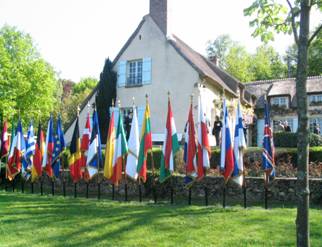
2 September 2025
Morning session (ASPE members only) 9.00am - 12.00pm
9.00 Presentation of the final report: "The role of the EU in developing worker representation to meet new challenges and strengthen social dialogue".
9.30 Debate and validation of the report
11.00 Presentation of the proposals to revise the social provisions of the EU Treaties
11.30 Debate and validation
12.30 - 2.30 pm Lunch and tour of the Maison Jean Monnet
2 September 2025
Afternoon session (dialogue with stakeholders)
15:00 Welcome, introduction of participants and presentation of the SHAPE project
15:15 Presentation of the ASPE Group's mission, findings and proposals for updating the EU Treaties
15:45 Discussion with stakeholders
17:00 Presentation of the final event of the SHAPE project
17:30 Conclusions
Translated with DeepL.com (free version)
